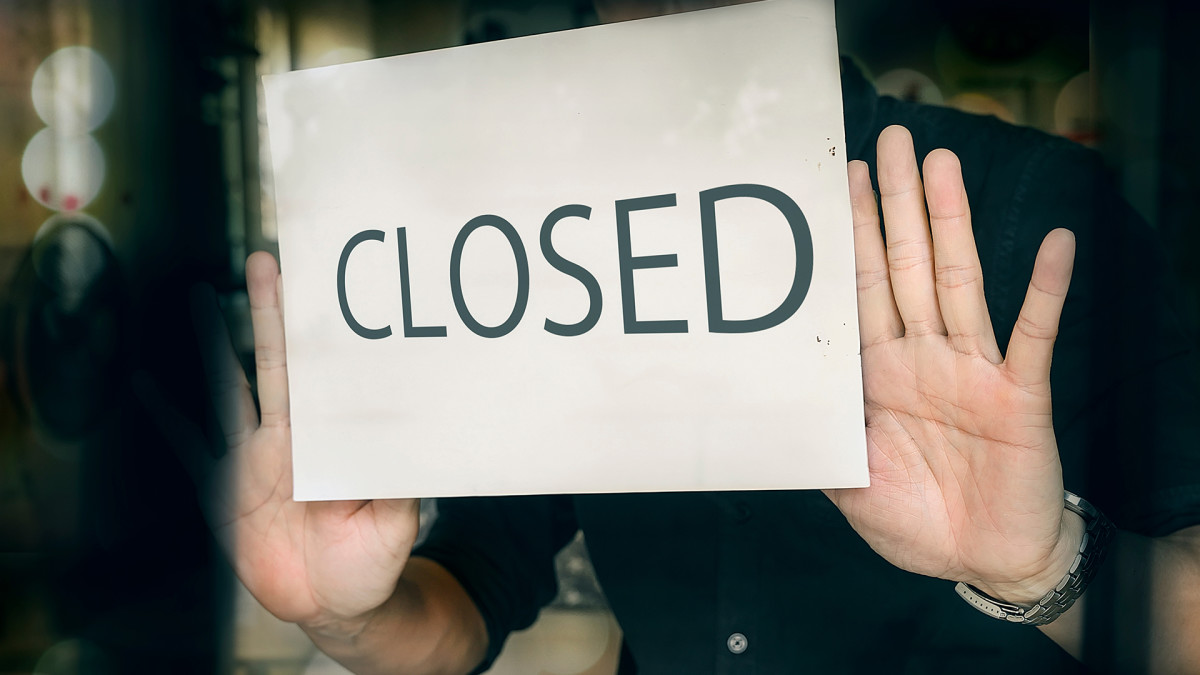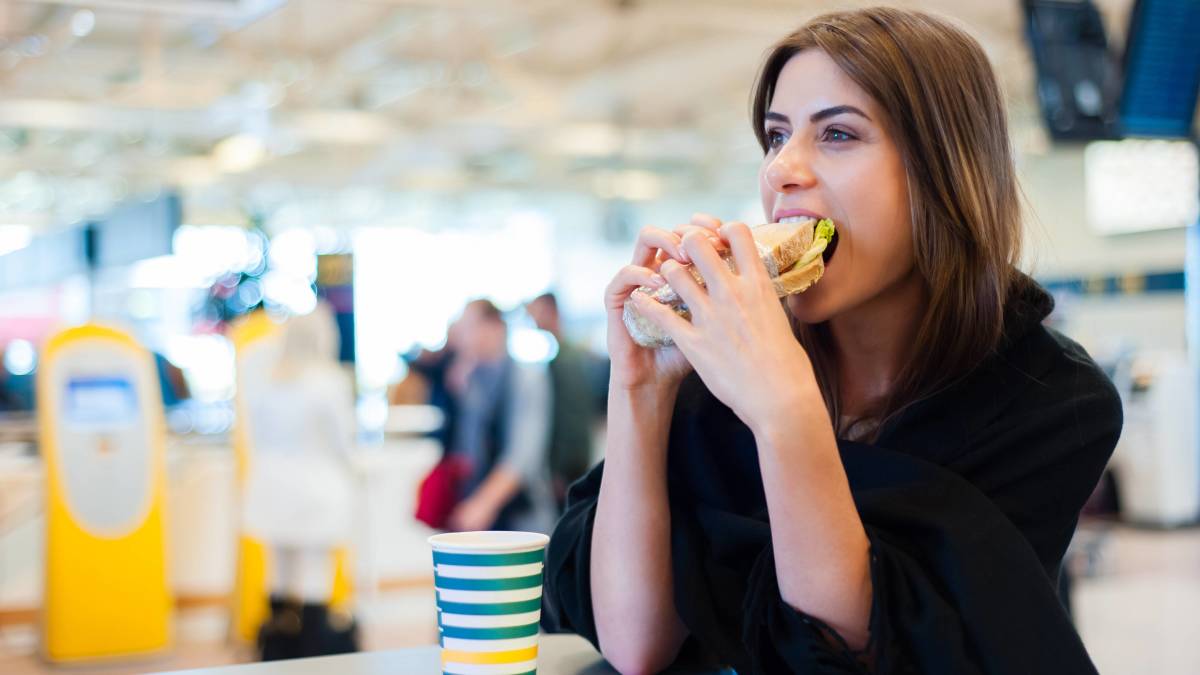
The once-mighty often fall with a whimper, and sometimes the death rattle goes on for a long time.
There was, for example, a period of time when road trips, at least up and down the East Coast, meant stops at Howard Johnson's. The once-ubiquitous chain didn't disappear quickly; it dwindled over the years before the final location closed in 2022.
Related: Mexican chain files Chapter 11 bankruptcy, closes restaurants
The same process has been happening with Sears, which was once the biggest retail brand in the U.S. Sears has been pushed to the edge of existence not by one mistake but by decades of mismanagement. It slowly fell apart as multiple turnaround attempts failed.
Having a well-known brand, even one with a star that has dimmed over time, often gives a company multiple chances to thrive. Sometimes, however, having once been successful just makes your failure more public.
Over the past few years a number of massive restaurant brands, including Red Lobster, have filed for Chapter 11 bankruptcy. That chain has found a buyer and appears likely to survive.
Another brand that once had a national profile, however, seems unlikely to survive. Its ending, at least for the moment, seems delayed only by the sheer number of creditors fighting over what's left of it.

Image source: Vlad Teodor/Shutterstock
Boston Market is on borrowed time
Boston Market once had more than 1,000 locations nationwide and counted McDonald's as its owner. The chain, which started in a suburb of Boston under the name Boston Chicken, pioneered the rotisserie chicken genre of restaurants.
Related: Huge breakfast cereal brand to restructure, shut production plant
It was a successful brand but also a troubled one that ended up being owned by McDonald's after a 1998 Chapter 11 bankruptcy filing. The chain was later purchased by Sun Capital Partners, which closed 40% of its locations and paused opening new locations for more than five years.
Under its new owners, it expanded the menu, tried various rebrands, and never quite figured out a successful business model. In 2020, Sun Capital gave up and sold the brand to Engage Brands, which is owned by Jignesh "Jay" Pandya.
History may remember that sale as the beginning of the end. Pandya's leadership has led to countless lawsuits, including one that led a court to award a $15 million judgment to US Foods, one of its leading vendors.
Pandya, it should be noted, has tried to file for Chapter 11 bankruptcy twice, but had his petitions rejected by the court. After his second attempt to file in April, the court barred him from trying again for six months.
Sign up for the Come Cruise With Me newsletter to save money on your next (or your first) cruise.
Boston Market faces multiple creditors
In April, Boston Market had 27 locations left. That number has likely fallen, but the location finder on the chain's website no longer works. The chain faces hundreds of lawsuits, had its headquarters in Colorado seized due to unpaid taxes, and owes money to countless creditors.
Its continued survival may be because of the complexity of its debt. Fifth Third Bank, the chicken chain's bank, has received an order to turn over the money in its accounts to US Foods. It has not been able to do that because seven other creditors, including landlords and two states, have made claims on the funds.
“Fifth Third now faces conflicting court orders and obligations,” the bank wrote in a lawsuit against Boston Market, US Foods, and several other entities that have won such judgments. “[It] simply cannot comply with US Foods’ demands without violating the explicit terms of each order directed at accounts of Boston Market received” before the distributor sent its initial order, Restaurant Business reported.
More bankruptcy:
- Tinker Toy, Tonka toymaker files Chapter 11 bankruptcy
- Another coffee and cafe company files Chapter 11 bankruptcy
- Distressed home improvement retailer plans Chapter 11 bankruptcy
Basically, the chain's end has been delayed by the complexity of various courts deciding which creditors have the strongest claims on its assets. It's unclear how the remaining locations are sourcing food and whether any sort of corporate standards remain.
Traditionally, this level of debt would result in a Chapter 7 bankruptcy filing. That could still happen, but it can't happen until the six-month period expires. Pandya, whose previous bankruptcy filings were rejected for being incomplete, would also have to properly file the forms.
Related: Burger King's menu adds value, brings back Whopper spinoff line






